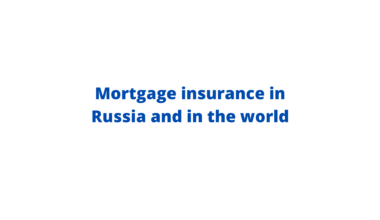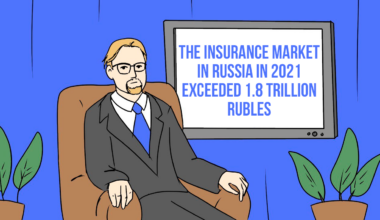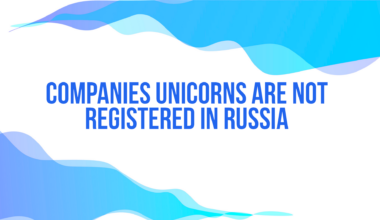Insurer profession – sounds proudly
Our expert: Alexander Tsyganov – has been engaged in insurance since the mid-1990s.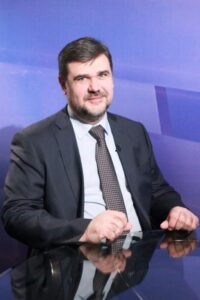
Insurance as a science, he wrote several books and defended his doctoral dissertation on the development of the insurance market. In 2000s in his dissertation, he made a lodgment on the need to create a system for protecting the rights of insurant, a financial ombudsman, the development of self-regulation, and guarantee funds. He was the head of the department of insurance management at the GUU (State University of Management), and in 2012 he moved to the Financial University, where he heads the Department of Insurance and Social Economics.
And insurance as a practical matter – in the 2000s, he was engaged in insurance statistics in the All-Russian Union of Insurers, created the Russian representative office of the Dutch consulting insurance agency ReMark. And for now he is an independent director at APSB and an expert at the BCC Qualifications Assessment Center.
– As we understand, it is possible to study insurance business both in specialized secondary and higher educational institutions. Can you briefly explain what the difference is between study programs and career prospects?
– Indeed, insurance specialization can be obtained both in a specialized secondary and in a higher educational institution. There is a difference, and these are not only formal differences between diplomas of an institute or a technical school. In a college or technical school, they acquire knowledge and skills that can be successfully applied in practice in insurance organizations in positions that require stable skills in performing typical operations and do not imply extensive knowledge of insurance that does not imply leadership skills. The technical school does not set the task of forming general cultural competencies as in the first years of the institute, which contradicts the focus on the use of college graduates in the sale of insurance products. A young specialist – a graduate of a technical school – at the age of 19-20 simply does not have enough communication skills and the ability to find a common language with older consumers. Therefore, the old and once very successful Soviet experience of training insurance personnel in technical schools is used less and less today. Over the past 10-15 years, the number of graduates of insurance specializations of technical schools has significantly decreased, and today it is difficult to find such graduates in insurance companies, more often after graduation they try to enter a university, rather than find a job.
Specialized higher education today allows you built upon the employment in your specialty already at the final year, on preferences in career growth both in connection with competitive knowledge and current professional standards in the field of insurance and financial markets in general. The basic standards of self-regulatory organizations – BCC and APSB stimulate the acquisition of specialized education.
– How recent has this direction appeared in your university?
– The year of foundation of the Financial University is 1919, and since that time, the training of insurance specialists in one capacity or another was carried out at the university. The scientific school of insurance is more than 100 years old; scientists and teachers who were engaged in insurance back in the Russian Empire worked at the university. Representatives of the scientific school took part in the development of Soviet and Russian insurance legislation, the formation of insurance supervision. By the way, today all students, future insurers, listen to the lectures of prof. L.A. Orlanyuk-Malitskaya, who took part in the development and discussion of all draft laws on insurance in 1990-2010, and prof. Yu.S. Bugaev – the first head of Rosstrakhnadzor.
– What specialties of education in the insurance direction exist in your university?
– Today you can enter the undergraduate profile “Financial Risk Management and Insurance”, here you get excellent knowledge on how to work in insurance companies, but not only – there is enough knowledge on how to work in banks, industrial corporations, oil and gas companies – wherever specialists in risk management and insurance are required. The second profile – “Business and Finance of the Social Sphere” – is designed, among other things, to train employees for state extra-budgetary insurance funds.
For more than ten years, the master’s program “Insurance Business” has been recruited to continue education and receive specialized skills required for command positions in the insurance business. And also for several years now, for employees of insurance companies and brokers, we have been organizing training under professional retraining programs in underwriting, accounting, internal control and audit, claims settlement, which are extremely necessary for employees of insurance organizations who come to the insurance business from other industries or without specialized education.
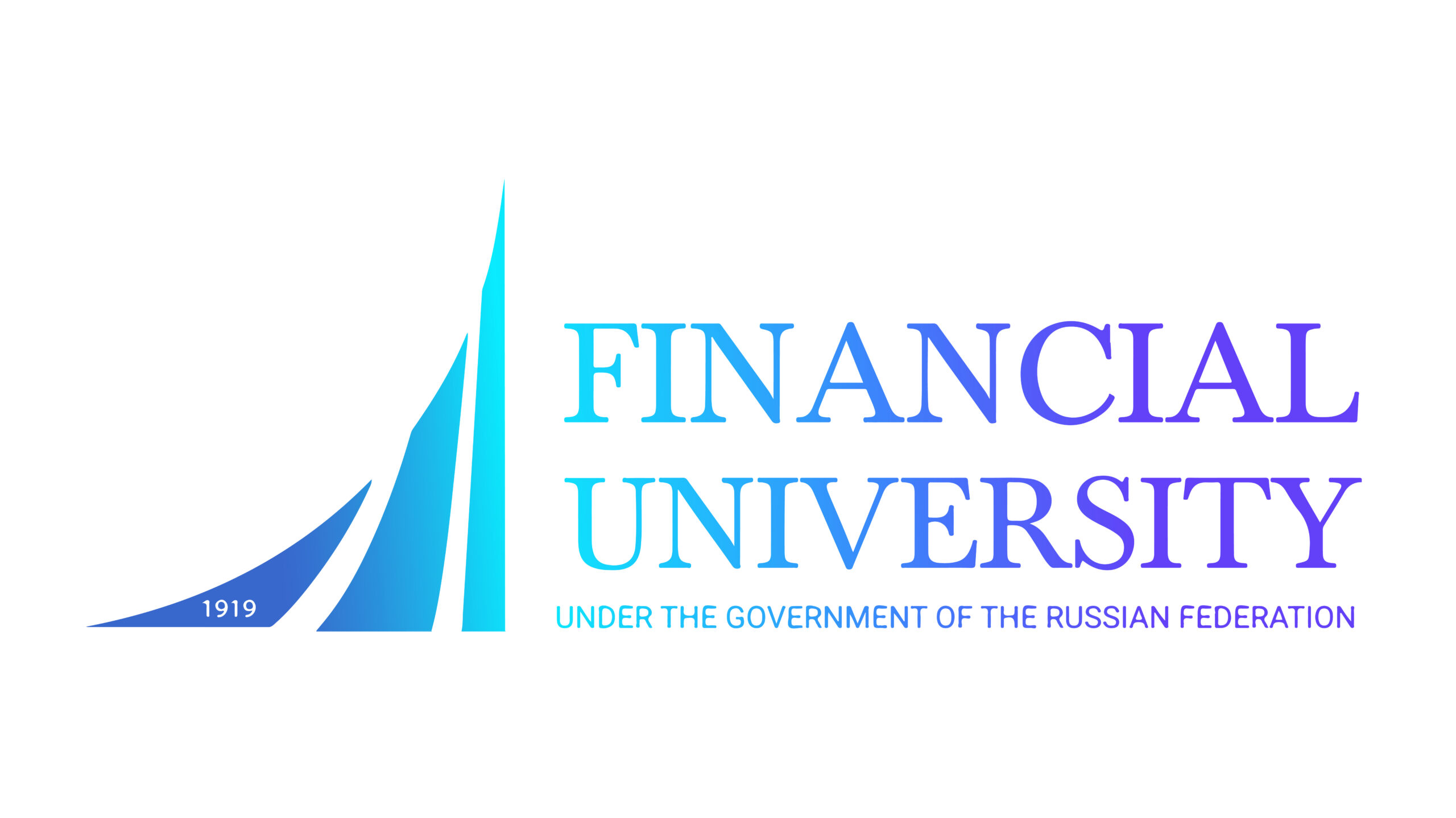
– Are there any other types of training except full-time?
– Today there is an opportunity to receive insurance education under the program of master’s training or professional retraining in remote format and in the evening.
In 2020, the agreement was concluded and the first groups with colleagues from the CIS for joint training of under-school-insurers for several post-Soviet states were concluded. Insurance specialization items today are read by teachers of the Finniversitis remotely, and after the end of the pandemic, the part will remain in the distance format, and the part will be read in full-time.
– What is the total number of positions every year in your university, and is there budget places and places with the target direction?
– On the undergraduate profile “Financial Risk and Insurance” profile, every year is recruited from 30 to 50 people, on the program of the “Insurance Business” program – 10-15 people. In the case of successful commissioning examinations in the magistracy for the winners of the list of insurance Olympiads, and in the undergraduate for the owners of high EE points, most of these places are budgetary. There is a target set of training for specialists for the Ministry of Finance of Russia, FAS, Central Bank, large enterprises and organizations. In this case, training is carried out at the expense of the budget, but the graduate must pass and work out for several years at the enterprise or in the organization who sent it to training.
– Can you call some of the most successful your graduates?
In 1990 and 2000s. In Russia, there was an explosive growth in the number of insurance companies, and graduates who had professional knowledge quickly became managers and heads of insurers. At that time, graduates of the department “Insurance” made a very fast career. Today, insurance companies have become less, but work requires greater professionalism. Being a general director 2-3 years after the institute is more difficult, but professionalism is valued more and more.
Many managers of insurance companies listened to the insurance course during training at the Moscow Financial Institute, in the Financial Academy during training on adjacent specialties, defended the thesis. Among the graduates of directly insurance specialization, and after the already the Department of Insurance and the Modern Department of Insurance and the Social Social Economy should be called hundreds of people known not only in the Russian insurance market. These are the creators of insurance supervision and regulation of insurance activities in Russia – V.Yu. Balakirev, Yu.S. Bugaev, V.A.Sukhov, K.E. Rubbin, leaders of modern insurance companies and brokers, associations of insurers – I.A. Graduates and in the modern financial university, transferring the prevention of insurance knowledge to new students, among which you can see the children and grandchildren of insurers of past years.
– Is there a pre-diploma practice in insurance companies or insurance structures?
– Of course, there is. During the practice, the student is not only gaining practical knowledge and experience, checks and clarifies its competencies received during the training, but acquires Soft Skills, so appreciated today. We try to the topics of course projects and thesis work in practice, and in the end, the graduate receives excellent knowledge of the theory of insurance and modern practical skills. This helps the presence of basic departments, on which practical knowledge and skills are transferred to students with employers. Today, the basic departments of Ingosstrakh, several banks, the federal antimonopoly service, leading audit companies, houses, have the Basic Department of Ingosstrakh, the Department created with the participation of the Bank of Russia. Therefore, the student is the Financialist who wants to get the practical skills of the financier, the insurer, accountant or an auditor, the problem is only in one – to choose and come on time. I will note that all teachers of the insurance and social economy department have practical experience in insurance, and most often it is the experience of managing the insurance business.
– How interesting companies are interested in attracting young professionals, and is it difficult to get a job in the specialty during training or immediately after graduation?
– Today, the insurance market is experiencing a difficult time. On the one hand, new types and insurance technologies are being introduced, life insurance is developing, but on the other, the consequences of the coronacrisis are still not fully understood.
Insurance is an infrastructure economic institution, and it is clear that the problems of the Russian economy in the insurance market are particularly strong. This restrains the development of insurers, but the demand for qualified personnel capable of working in new conditions for which the Internet and remote technologies are a familiar life norm, and not a cursed need, are required today. Therefore, a young professionally interested in a professional, and after receiving a bachelor’s diploma, it receives an increase and increase to the salary. And if you look for work, then the best, more interesting, increase or more promising company. Insurance is an infrastructure economic institution, and it is clear that the problems of the Russian economy in the insurance market are particularly strong. This restrains the development of insurers, but the demand for qualified personnel capable of working in new conditions for which the Internet and remote technologies are a familiar life norm, and not a cursed need, are required today. Therefore, a young professionally interested in a professional, and after receiving a bachelor’s diploma, it receives an increase and increase to the salary. And if you look for work, then the best, more interesting, increase or more promising company.
Insurance companies are interested in young, energetic professionals and regularly carry out various events on which students can show themselves. These are the annual contests of Ingosstrakh and Rosgosstrakh, the International Insurance Olympiad, which is jointly carried out by the Financial Broker Sberbank, the Events to Improve the Financial Literacy of the All-Russian Union.
– What is the problem of today?
– In many ways, our problems are associated with all insurance market. It is clear that if there is no obvious growth, and the number of insurers decreases, it does not add interest to insurance. In Russian society, there is some prejudice against the profession of the insurance agent and, although we have never taught agents in universities, many do not want such fate for their children. On the days of open doors and meetings with applicants, we tell about the profession, about career prospects in insurance companies, ministries, the Bank of Russia, where graduates of the department and the Department work, but the feeling of this problem does not leave Conduct such a public mood.
To find an approach to applicants and their parents helps the leadership of the university and the insurance community, support for graduates. In the insurance market, the opinion of the rector of Finniversite M.A. E. Eskindarov is also known and plays a significant role in popularizing insurance and our profession.
– Is there a postgraduate education, and what programs can be passed in your university?
We have already talked about professional retraining programs, we will add short-term programs to current topics of changes in legislation or innovation in the insurance market. As a rule, we get to invite representatives of the Bank of Russia, ASIs, APSB, FAS, representatives of leading insurance companies, and at the seminar, it turns out a very interesting and important exchange of views that helps business become successful. There are training programs for training in the center of qualifications of the WCS.
Of course, in the department there is graduate school and doctoral studies, in which it is already possible to continue not only training as personal and professional development, to achieve recognition as a leader of opinions in the financial market.
– In your opinion, what transformations will undergo profession in the next 10 years, and whether such a profession will remain like an insurer, or will it be replaced by AI and automation?
– Changes are inevitable and explicitly will increase in the near future. You can remember the disappearance of the bills and the engine, their work has become practically not relevant. When the insurance museum was opened in the company “Russia” (where is the Museum? Moreover, where is the company?), It was presented with an exposition on the organization of the workplace of an insurance company employee with accounts and a fountain pen. Not all this is no longer, but the profession has not disappeared. It becomes less routine operations, but in the insurance case there is always creativity, fantasy and even a courage. Therefore, the profession will not disappear and now.
It is obvious that the need for insurance agents will decrease, but will not disappear; the demand will remain on qualified consultants, even in smaller volumes. However, there will be a demand for corporate risk management specialists and insurance capable of building insurance requirements for their company, choose insurance services and control their effectiveness.
In insurance companies, someone have to program AI, engage in automation and control processes. The development of new insurance programs, underwriting and reinsurance is not fully automated. New risks appear, including the digitalization, which need to be comprehended and learn to insure. These are tasks in the near future, which are required by our graduates.
I am confident that in the future new creative tasks in the insurance business will occur. And the professionals will decide them.
We thank Alexander for an interesting interview; wish you success in educating and educating new professionals for the insurance market.
© Correspondent L.S.
Calmins.com ©
